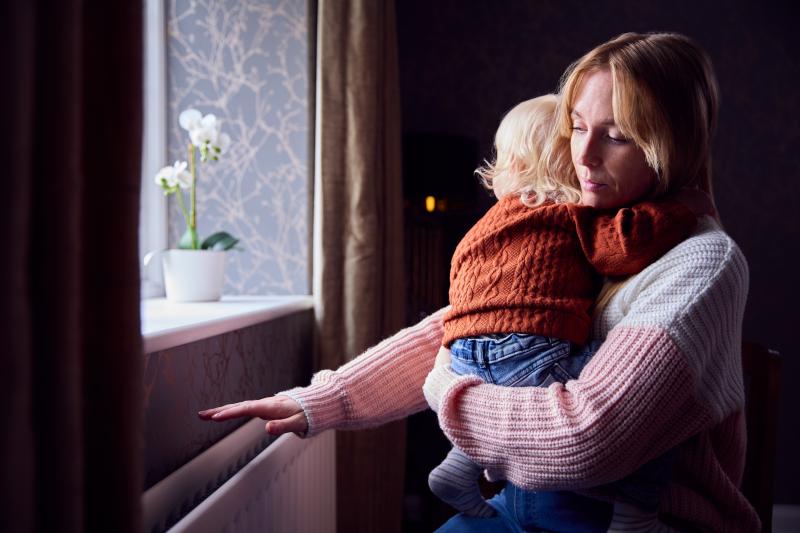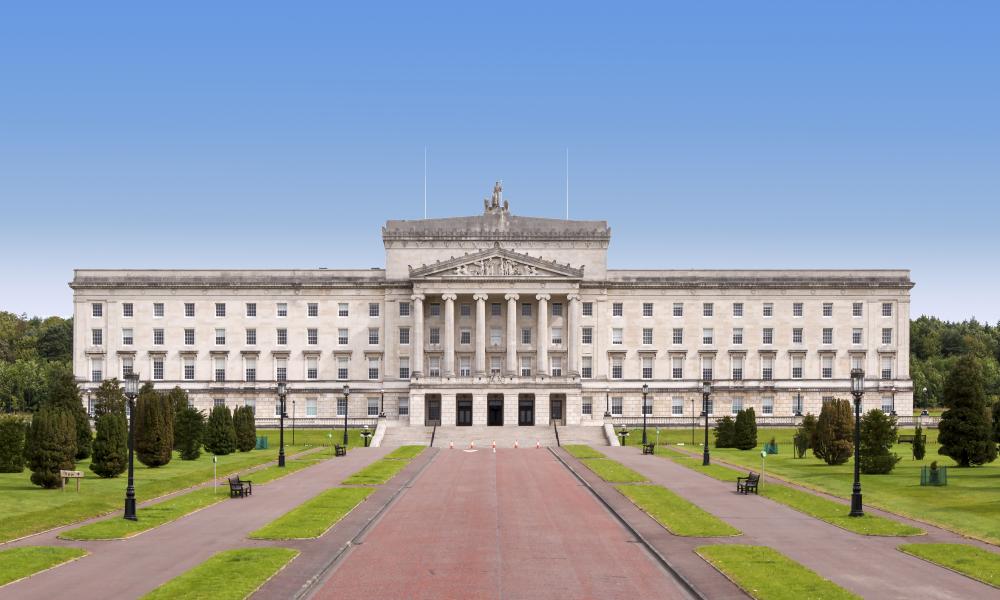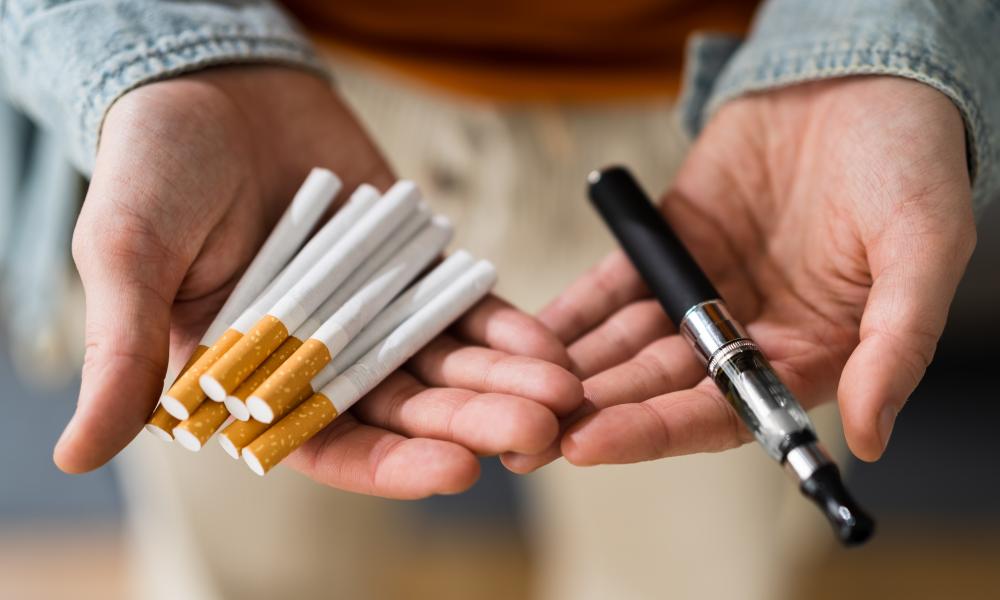
Fuel poverty occurs when a household needs to spend more that 10% of their income to maintain an acceptable level of temperature throughout their home(Boardman, 1991; DSD, 2003). It is a result of the relationship between house-hold income, energy efficiency of the dwelling and fuel prices.
Currently 203,000households in Northern Ireland live in fuel poverty. People experiencing fuelpoverty frequently live in cold, damp houses and there is increasing evidencesuggesting that living in such conditions can have an adverse impact on health(National Heart Forum, 2003).
The consequences of fuel poverty, which includesocial exclusion, ill health, poor well-being and general feelings of helplessness,extend beyond individual health and impact on a range of issues such as educational achievements, community health and public services, to name a few.Fuel poverty is therefore a social issue.


